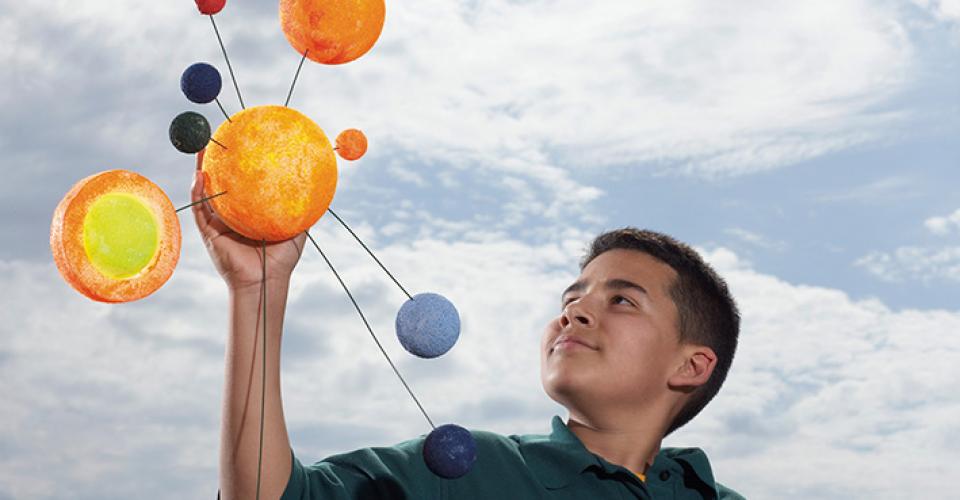Manuka on the Moon
30/07/2013Young Rangiora students star in a little film about space exploration.
The Year 2 and 3 students from Manuka class at North Loburn School planned a trip to the moon as part of their space study.
Parent and film director Gillian Ashurst helped them create a film showing their journey from the planning stages to the final mission.
Watch the innovative video above to see how this group of students embarked on their ambitious journey.
Manuka teacher Aisling O’Connor says the inquiry project was highly engaging for her students. It also provided a fun way for them to take responsibility for their learning.
This film was made with the help of a filmmaker parent. How important is having parental input in your science learning?
In this case, the involvement of Gillian Ashurst was indispensable. She brought with her all the technical expertise and knowledge of a professional film maker and a personal connection since her son was a class member.
I can say I probably would not have tackled this project without her. I would recommend teachers to draw on expertise in your community, use the talents and skills of parents, grandparents, and others when teaching skills and specific science topics.
I delivered learning outcomes as per the ‘Planet Earth and Beyond’ strand of the curriculum, but Gillian taught us all about the requirements of film making and directing. By questioning the students and conversing with them, she extended their learning.
I noticed some of the children had specific roles in the project – e.g. ‘rocket designer’. How were these roles allocated? Did the children naturally take them up?
Gillian and I brainstormed the ways in which ALL students could be involved in the movie. We decided on those working groups and I invited the students to “vote” to elect their group of choice (there was a pretty even spread across the groups).
This followed some explicit guidance by me on the roles and expectations of each group and immersion in the topic through our guided reading and inquiry programme.
‘Manuka on the Moon’ was an inquiry-based project. How open-ended could you be with where the children went with it?
Yes, I managed this as an inquiry-based approach. We launched the term with a visit from the Mobile Star Lab. Students learned about stars and planets and from that they created questions they wanted to ask and find out more about.
I was teaching research skills as part of this inquiry, so the students did use books and the internet to find out information. So in that respect, it was open ended and specific to each student.
The decision to focus on the moon, however, was a teacher-led decision (as per Level 1 New Zealand Curriculum), and as with any junior class, there was inevitably a lot of teacher guidance and direction to reach outcomes.
Having said that, the students wrote all their facts to tell the camera and came up with the narrative ideas. They also shared the writing of the script.
What was the best thing the children got from making this film about their learning?
The students were fully engaged in their learning and with the content maker. They had a real life context for their science learning and understood the role of science in the world.
They were proud of their movie and inspired to ask rich questions to find out more about our relationship to space.
The result was highly engaged students taking responsibility for their learning, working together in groups, communicating, and applying their skills in an authentic context. And it was fun, too!

























Post your comment
Comments
No one has commented on this page yet.
RSS feed for comments on this page | RSS feed for all comments